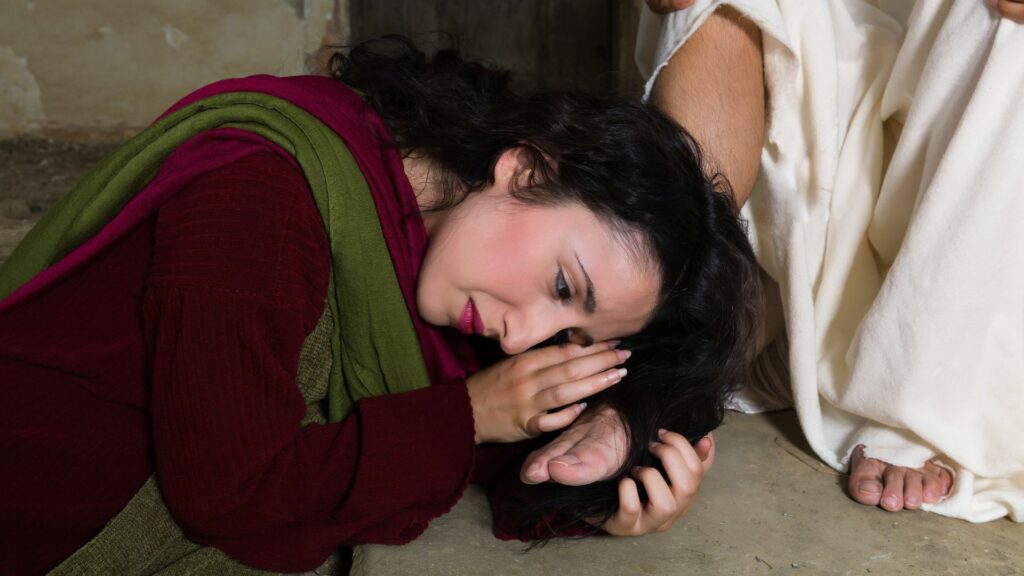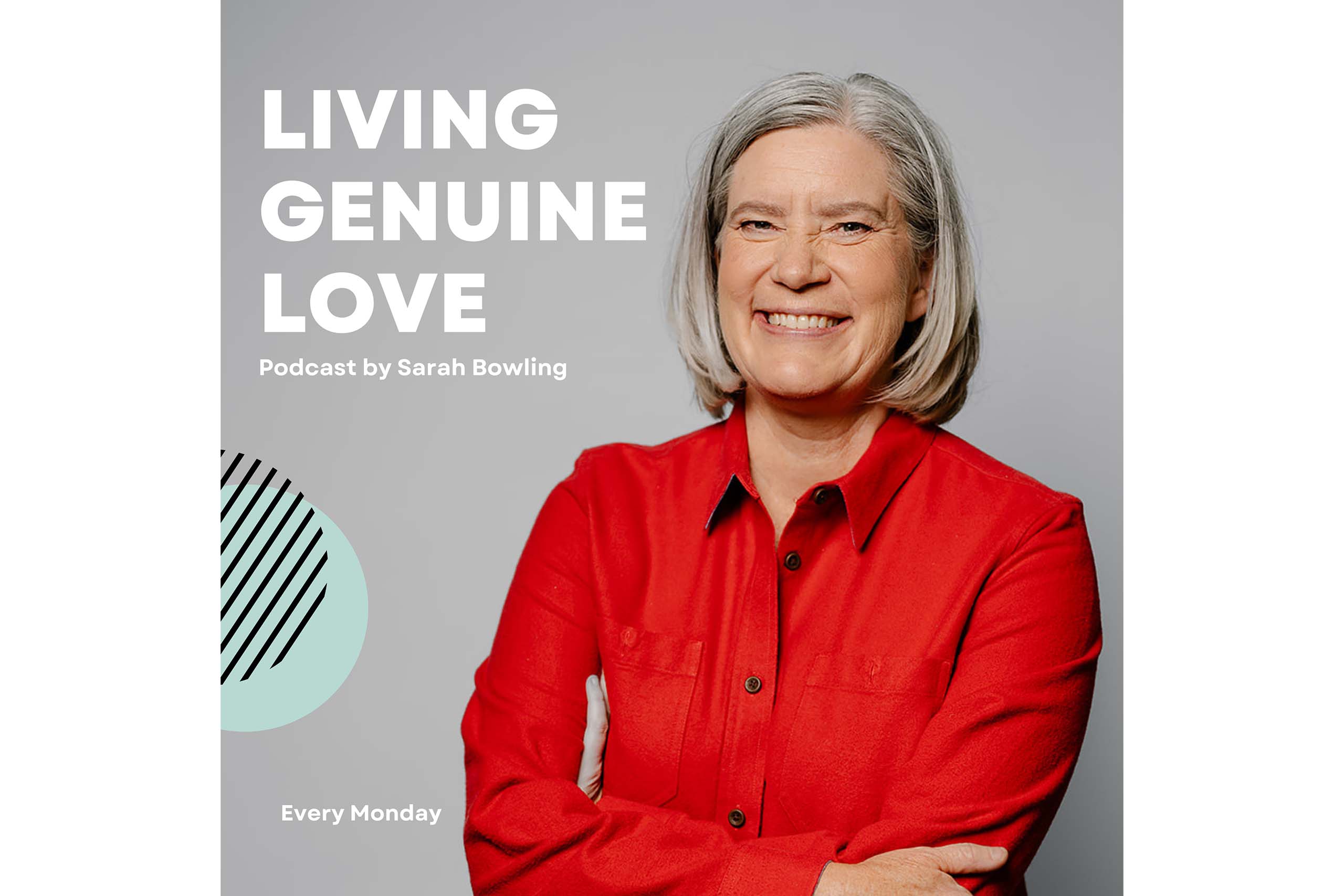Do you pause to think about your reactions, words and decisions? Sometimes I go back through an experience or conversation and think about how I felt, what I said and how I behaved because I want to consider if I’d do or say things differently. There have been more than a few times when I’ve done this reflective exercise and I’ve decided that what I said or did wasn’t really accurate to what was in my heart. At the same time, there are times when I’ve been reflective and come to the conclusion that I accurately reflected what was in my heart.
I’m bringing this to your attention because there are some interesting exchanges with Jesus that merit your digestion. These exchanges are kind of hot and tense because of how they seem to be polar opposites. I’m inviting you, in this blog, to consider the two occasions when different women washed and anointed Jesus’ feet, along with the immediate reactions of key observers.
For the first experience with Jesus having His feet washed and anointed, you can read about this in Luke 7:36-50. In these verses, you’ll read that a sinner woman came to Jesus at the dinner party given by a Pharisee. When the sinner woman showed up, she wept, washed Jesus’ feet with her tears, dried His feet with her hair, continuously kissed His feet and anointed them with expensive myrrh. Her outpouring of love was extravagant and extreme.
In reaction, the Pharisee who had invited Jesus for dinner was cranky and incensed. He reasoned that if Jesus were really a prophet, He’d recognize that this chick was really sinful. Jesus took to task the Pharisee and confronted him about the relationship between love and forgiveness.
I’d like for you to also consider that there’s a second occasion where a woman goes extravagant in worshipping Jesus and that’s with Mary, Lazarus’ sister in John 12:1-8. While Mary isn’t quite as expressive as the sinner woman in Luke 7, she’s nonetheless, extravagant by using expensive perfume to anoint Jesus’ feet.
In reaction, Judas gets cranky pointing out that the perfume could have been sold and the money given to the poor. If you keep reading, John notes that Judas didn’t really care about the poor because he would help himself to the money, since he was money keeper for Jesus.
In these two scenarios, two people are extravagant in expressing their love for Jesus and two people are cranky about such extravagance. One person is cranky for religious reasons pertaining to sin and the other person is cranky for financial reasons, because he was greedy. But neither cranky person can get past their struggles to affirm nor embrace the extravagant outpouring of love for Jesus.
When I read about both of these situations, I’m challenged to consider how I would react. Would I be focused on the sin of a person more than their love for Jesus? Would I be more concerned about money than the outpouring of genuine love?
I think these questions are worth some time and reflection. It’s possible that some reflection might show us things about ourselves that are less than positive. But perhaps that’s exactly why these verses are in the Gospels, so that we can look at what happened, think about ourselves in such a scenario and make adjustments to extravagantly love Jesus. Let’s keep our love for Jesus our highest and most essential priority!



